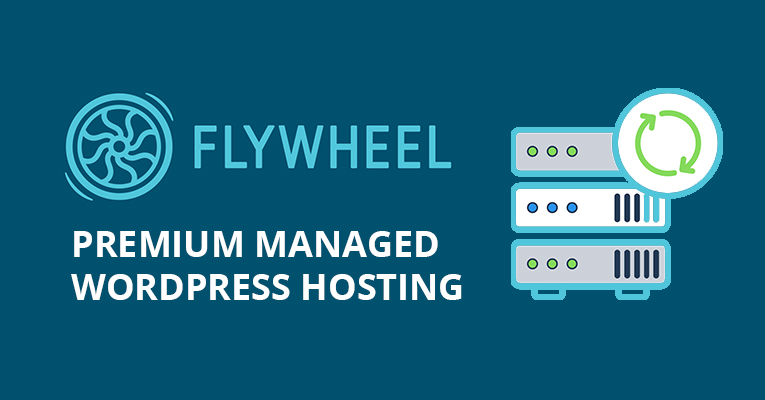Decentralized social networks are like the cool new hangout spot that’s run by the kids, not the adults. Instead of big companies controlling everything and making all the rules, these social networks are run by the users themselves.
Think of it like a neighborhood lemonade stand, but instead of selling lemonade, people are sharing memes, pictures, and thoughts. And instead of the money going to the storeowner, the users get rewarded for making the party happen.
Some examples of these hangouts are Steemit, Mastodon, and Solana. They’re not as well-known as the big social media spots like Facebook or Twitter, but they’re gaining popularity because they’re more private, secure and fair. Plus, you can be yourself without worrying about the boss breathing down your neck.
Decentralized social networks are the future of social media where the power is in the hands of the users, not big businesses.
DSNs have the potential to change the way we interact, communicate and engage on social media, giving power back to the people, and creating a more fair and just online society. It’s clear that the future of social media belongs to the decentralized and community-driven platforms, and we can expect to see more and more of these types of networks in the coming years.






